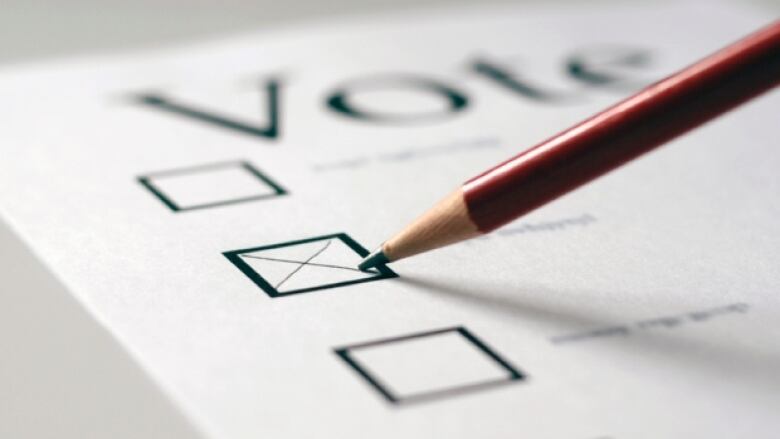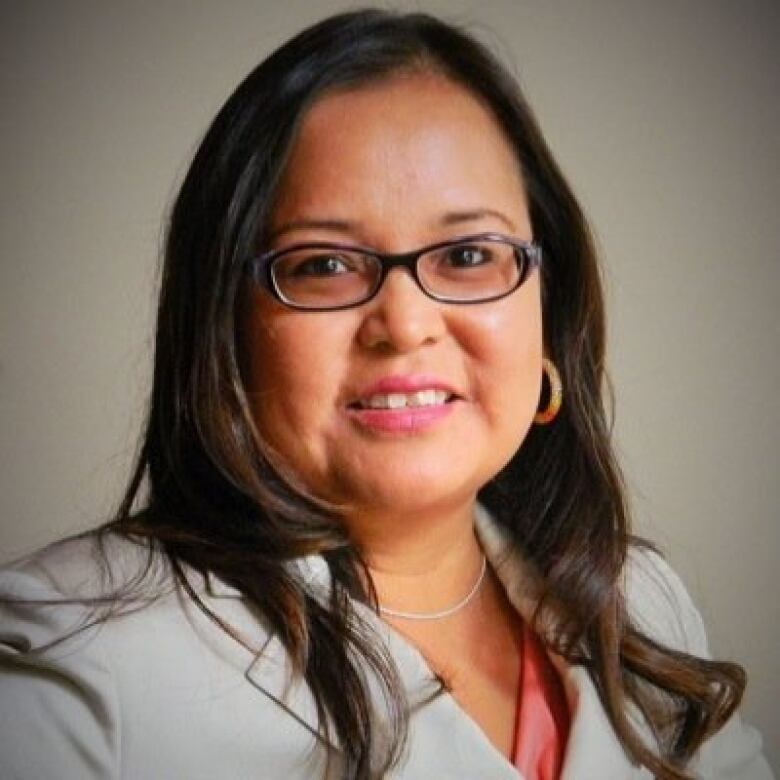First Nations ID clinics helping people get properly registered
First Nation councillor holds identification clinics in response to what she calls the "Un-Fair Elections Act"

The driving force behind a campaign to get First Nations people registered to vote says she's pleased with the response so far.
DallesFirst NationcouncillorTaniaCameron said more than half the 40 First Nations communities in theKenorariding have approached her, to host a number of voter registration drives.
"I was able to attend one of them, and one of the elders there was asking, 'well, why? I don't remember having to do this before,' and we said 'because there's new laws that actually you have to go through this process.'"
- Rock the Vote helps First Nations combat 'Un-Fair Elections Act'
- AFN General Assembly: Tom Mulcair, Justin Trudeau vow to promote reconciliation
- The AFN's quest to mobilize the First Nations vote
- Elections Canada budgets $1M for aboriginal ID issue in federal vote
Many people aren't happy with the Fair Elections Act, Cameron said. The act requires voters have two pieces of identification and eliminates vouching, a process that was frequently used in First Nations communities and lets a voter have someone swear to where he or she lives.
When speaking with people who "have gone in to see if they're registered and have done the work to get registered," Cameron said she asked, "'do you vote on a regular basis?'"
Many told her this was their first time voting, and that "this unfair elections act [is] making it harder for them to vote."
Elections Canada website issues
Cameron said one issue she's encountered is that some on-reserve residents are having trouble verifying their registration with the Elections Canada website.

"[It's] very frustrating, and I don't think it's a coincidence; I chalk it up to voter suppression," she said, noting a similar issue is being faced by people in small hamlets, of which there are many in the riding.
She said she's advising people who can't check online to verify with Elections Canada by phone.
The Rock the Vote campaign is important because people shouldn't go to the ballot box and realize, once they're there, that they don't have the proper ID, or aren't registered, she said.
Cameron noted people in remote communities often won't have the common ID, such as drivers' licences, so the campaign has been educating people about what's on the list of ID that can be combined to be eligible.
Using confirmation of residence forms have been a big help, she said.
Cameron said she's very pleased with the number of communities that have acted on her campaign.
She's presented her information to a special Chiefs' meeting between Nishnawbe Aski Nation and Grand Council Treaty 3.
"I was able to directly educate the chiefs on the whole process and the ID requirements."
Cameron, who previously ran for the NDP in the Kenora riding, said more than half of the 40 First Nations communities in the region have contacted her to get more information about her Rock the Vote campaign.












_(720p).jpg)


 OFFICIAL HD MUSIC VIDEO.jpg)
.jpg)



























































































